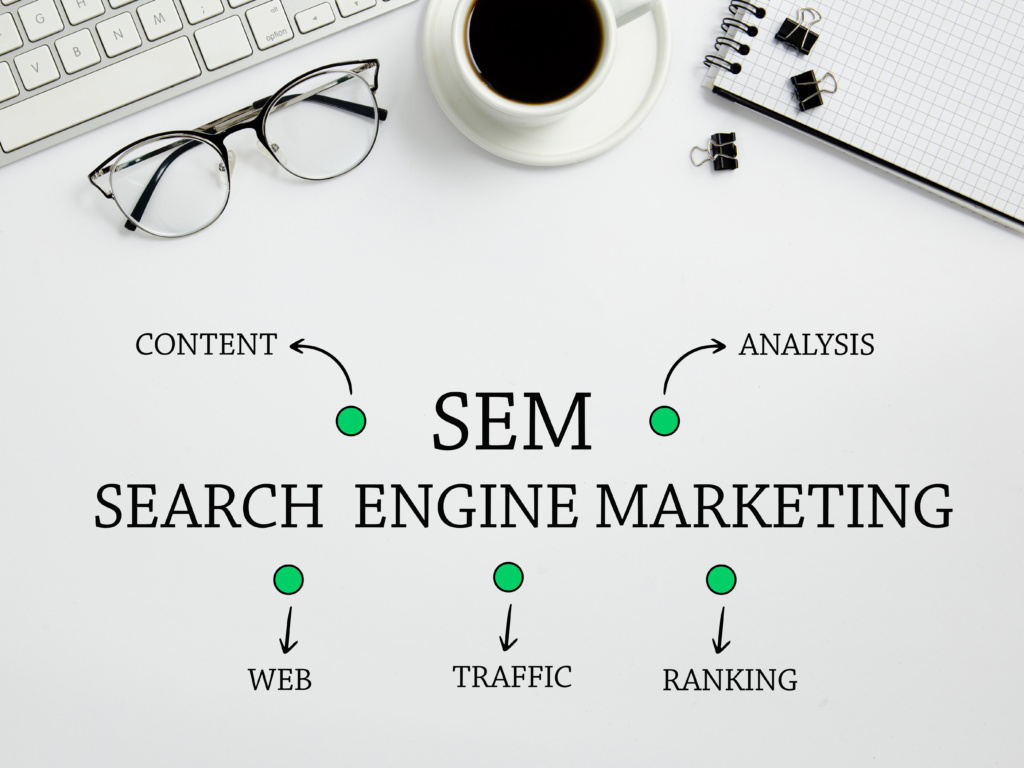Understanding the Cost of SEM Services in 2023: A Comprehensive Guide
Search Engine Marketing (SEM) has evolved dramatically in the last few years, especially with the advancements in technology and the ever-changing algorithms of search engines like Google. In 2023, businesses looking to invest in SEM services need to be aware of various factors influencing costs to make informed decisions. This comprehensive guide aims to provide an in-depth understanding of the current SEM landscape, cost determinants, and budgeting strategies.
1. Introduction to SEM in 2023
SEM, a critical digital marketing strategy, involves increasing a website’s visibility in search engine results pages (SERPs) through paid advertising and optimization. With the increasing competition online, SEM has become more sophisticated, integrating AI, machine learning, and advanced analytics for targeted results.
2. Factors Affecting SEM Costs
Several key elements dictate the cost of SEM services:
- Platform Choice: Google Ads and Bing Ads are the most popular platforms, with Google commanding higher costs due to its extensive reach.
- Industry and Competition: Highly competitive sectors like legal, insurance, and healthcare often see higher keyword costs.
- Keyword Selection: Broad, high-traffic keywords cost more than niche, long-tail keywords.
- Geographical Targeting: Targeting larger, more competitive markets can increase costs.
- Ad Quality and Relevance: Higher quality scores can reduce cost-per-click (CPC).
3. Cost Models in SEM
SEM services primarily use the following pricing models:
- Pay-Per-Click (PPC): Businesses pay for each click their ad receives.
- Cost Per Mille (CPM): Cost per thousand impressions, suited for brand awareness campaigns.
- Monthly Management Fees: SEM agencies often charge a flat fee or a percentage of ad spend.
4. Average Cost of SEM Services
In 2023, the average costs can be broken down as follows:
- Small to Medium Businesses: Typically, small to medium-sized enterprises may spend between $1,000 and $10,000 monthly on SEM, depending on the industry and objectives.
- Large Enterprises: Larger companies might see monthly budgets exceeding $50,000 due to broader campaigns and competitive keywords.
5. ROI and Performance Metrics
Assessing ROI in SEM involves understanding metrics such as click-through rate (CTR), conversion rate, and cost per acquisition (CPA). The focus should always be on achieving the highest possible return for the least cost.
6. Emerging Trends Affecting Costs
The evolution of SEM includes voice search optimization, AI-driven automation in bid management, and the integration of augmented reality in ads. Staying ahead of these trends might require additional investment.
7. DIY vs. Agency SEM Management
While small businesses might attempt a DIY approach to save costs, hiring an experienced SEM agency can lead to more optimized spending and better results. Agencies bring expertise, advanced tools, and insights into consumer behavior and search engine updates.
8. Budgeting for SEM
Effective budgeting requires:
- Setting Clear Objectives: Knowing your goals (brand awareness, lead generation, etc.) helps in allocating funds wisely.
- Flexibility: Being adaptable in strategy based on campaign performance and market changes.
- Regular Audits and Adjustments: Continuously analyzing and tweaking campaigns for optimal performance.
9. Selecting an SEM Provider
When choosing an SEM service, consider factors like their experience, clientele, transparency, and the tools they use. Look for providers who offer personalized strategies rather than one-size-fits-all solutions.
10. Conclusion
The cost of SEM services in 2023 can vary widely based on numerous factors. A strategic approach to SEM, considering the specific needs of your business and the evolving digital landscape, is crucial for achieving the best return on investment. Regularly reviewing and adjusting strategies in line with performance data and industry trends will help maintain the effectiveness of your SEM campaigns.
11. FAQs
- Is SEM more cost-effective than traditional marketing?
- SEM can be more targeted and measurable than traditional marketing, often yielding a higher and more trackable ROI.
- How quickly can I see results from SEM?
- Results can sometimes be immediate, but a few months of optimization and data gathering are often required for the best outcomes.
- Can I manage my own SEM campaigns?
- Yes, with tools like Google Ads, it’s possible to manage your own campaigns. However, it requires time, learning, and constant monitoring.



